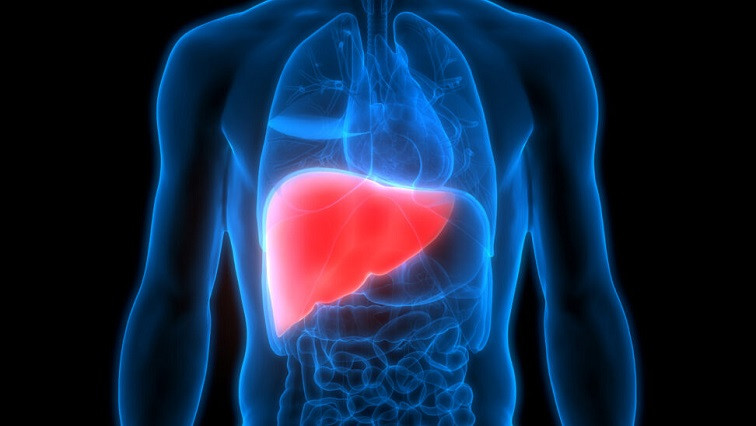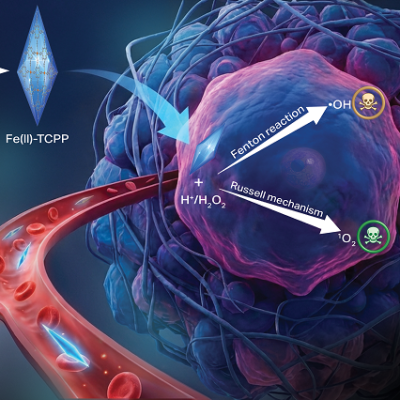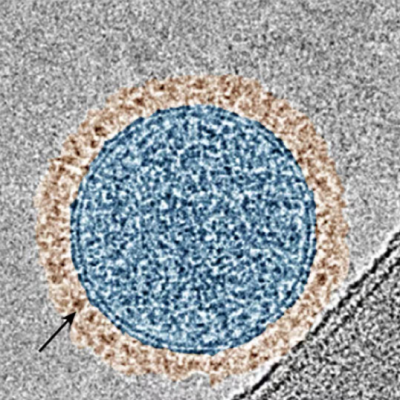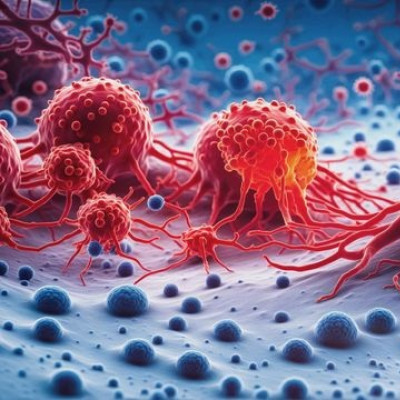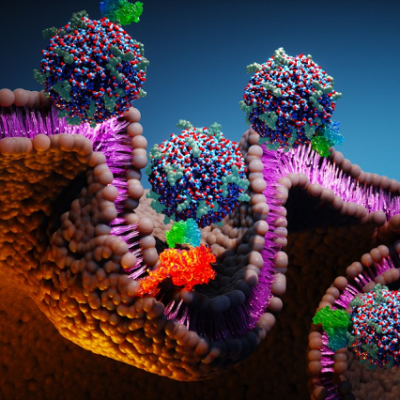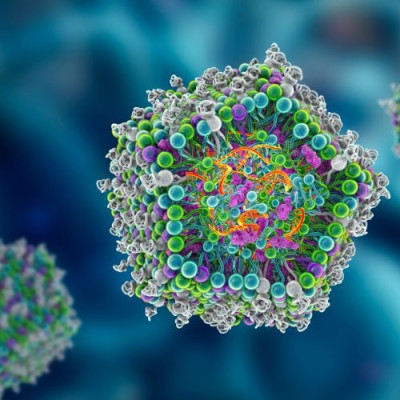“During a previous research project financed by an ERC Starting Grant, my team discovered that a specific type of molecule, pannexins, played an important role in certain inflammatory diseases,” says Vinken. “Pannexins are tube-like molecules found in the cell membrane. In a healthy state, these tubes are closed, but when diseased, they open, allowing substances through, leading to inflammation and eventually cell death. By using nanobodies, the opening of these pannexin tubes is suppressed, interrupting the inflammatory reaction.”
Vinken received additional funding, an ERC Proof of Concept and an FWO research grant, to develop this nanobody technology. For this, he is working with Professor Nick Devoogdt and postdoc Timo De Groof from the Molecular Imaging and Therapy research group at VUB. Devoogdt and De Groof specialise in creating and visualising nanobodies.
“VUB has a long tradition of research into nanobodies,” says Devoogdt. “This tradition began with Professor Raymond Hamers. In 1989, with his wife, Cécile Casterman, and Serge Muyldermans, he discovered that camel blood contained a smaller sort of antibody. The discovery led to several spin-offs and various innovative therapeutic techniques. Through the work of Mathieu Vinken, we have discovered another promising research direction. Specifically, we have been able to show that nanobody technology works much better in the event of paracetamol overdose than the current remedy using acetylcysteine.”
“Nanobodies close pannexins with unprecedented efficiency,” says Vinken. Until now, research has been conducted in vitro and on a mouse model. In the next step, a clinical study will investigate possible side effects. The potential of pannexin-specific nanobodies to treat more complex disease states in combination with other agents will eventually be investigated. The findings were published on 11 October in the Journal of Nanobiotechnology. The team has also filed a patent application with a view to further (commercial) development of the technology and attracting investors or business partners for collaboration.
Read the original article on Vrije Universiteit Brussel (VUB).

